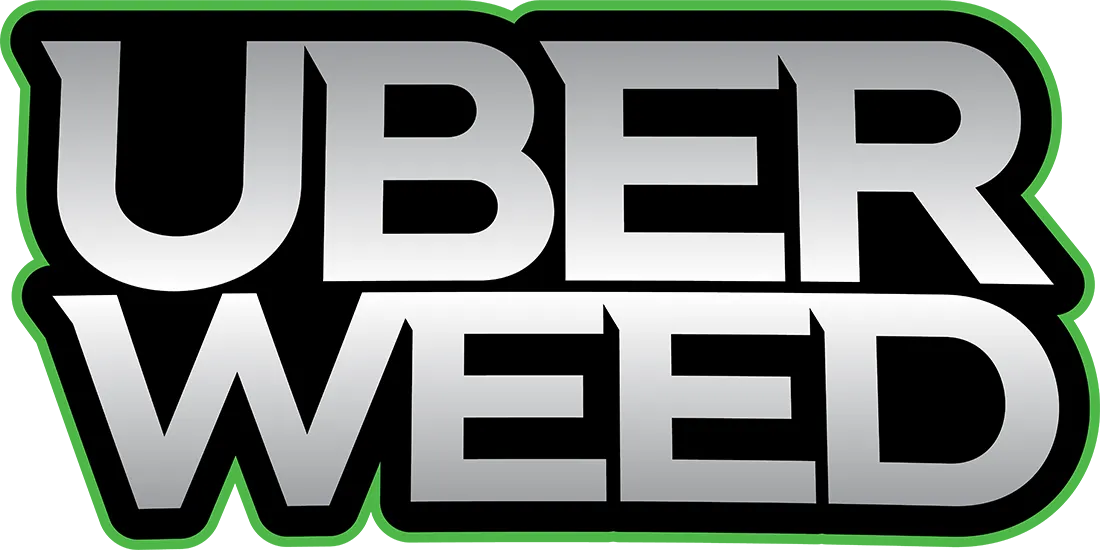
Sure! Here’s a guide to cannabis in Canada, including information on legalization, regulations, purchasing, and consumption with https://uberweedshops.com/shop/:
Cannabis in Canada guide
- Legalization: Cannabis was legalized for recreational use in Canada on October 17, 2018, under the Cannabis Act. This means that adults aged 19 or 18 (depending on the province or territory) can legally possess and consume cannabis.
- Purchase and Possession: In Canada, you can purchase cannabis from government-licensed retailers, online stores, or, in some provinces, through privately-owned dispensaries. You must be of legal age and present valid identification to purchase cannabis. The possession limit for adults is 30 grams of dried cannabis or the equivalent in other forms (e.g., edibles, concentrates).
- Provincial/Territorial Regulations: Each province and territory in Canada has the authority to regulate the sale, distribution, and consumption of cannabis within their jurisdiction. This means that rules regarding the legal age, retail models, and where cannabis can be consumed may vary across the country. It’s important to familiarize yourself with the specific regulations in your province or territory.
- Cannabis Products: Cannabis is available in various forms, including dried flower, oils, edibles, concentrates, and topicals. Each product may have different potency levels and effects, so it’s essential to start with low doses and gradually increase to find what works best for you. The packaging of legal cannabis products must display important information such as THC/CBD content, warnings, and proper usage instructions.
- Consumption: In Canada, you can consume cannabis in private residences or properties where it is allowed. It’s generally not permitted to consume cannabis in public spaces, such as parks, sidewalks, or vehicles. However, regulations may vary by province or municipality, so it’s essential to understand the local rules. Consumption methods include smoking, vaporizing, consuming edibles, or using oils and concentrates.
- Medical Cannabis: Medical cannabis has been legal in Canada since 2001. Patients with a valid medical prescription can access cannabis through licensed producers or grow a limited amount for personal use. Medical cannabis patients have different possession limits and can access products with higher THC content than those available for recreational use.
- Impaired Driving: Driving under the influence of cannabis is illegal and can result in severe penalties. Cannabis can impair your ability to drive, so it’s important to avoid driving while under its influence. Police officers have the authority to conduct roadside sobriety tests and use devices like drug-screening devices to detect the presence of cannabis.
- Responsible Use: Like with any substance, it’s important to use cannabis responsibly. Some general tips include starting with low doses, waiting for the effects to kick in before consuming more, and avoiding mixing cannabis with alcohol or other drugs. If you have any concerns or questions about cannabis use, it’s advisable to consult with a healthcare professional.

Remember, this information is a general guide, and it’s crucial to refer to the specific laws and regulations of your province or territory for the most accurate and up-to-date information on cannabis in Canada.


0 Comments for “Cannabis in Canada guide”